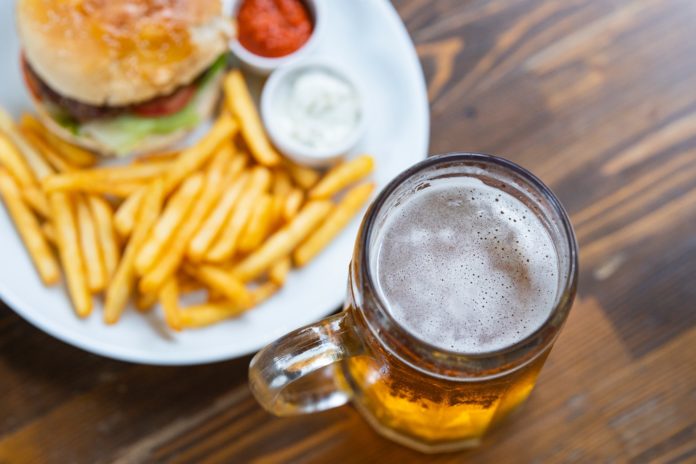Free Radicals are unstable molecules that can attack the body’s cells. Damaging a cell membrane can alter essential cell functions, like getting nutrients to the body, oxygen, and water, or expelling wastes. Eventually, free radical damage can kill the cell in the human body.

Free radicals can be produced by trauma, injury, sunlight, pollution, exposure to toxins, alcohol and cigarette consumption, deep fried foods, foods cooked at high heat, artificial additives, chemically processed foods, and some other forms of foods. They are also a byproduct of many of the body’s natural processes.
When eating nutritionally proper food, you won’t want as much and you won’t want the same, but you’ll still want, and you’ll get what you want which is the key to staying satisfied.
Generally, free radicals attack the nearest stable molecule; “stealing” its electron (the process is called “oxidation”). When the “attacked” molecule loses its electron, it becomes a free radical itself, beginning a chain reaction. Once the process is started, it can cascade, finally resulting in the disruption of a living cell.

Of particular importance is that free radical damage accumulates with age.
Some free radicals arise normally during metabolism. Sometimes the body’s immune system’s cells purposefully create them to neutralize viruses and bacteria. However, environmental factors such as pollution, radiation, cigarette smoke and herbicides can also spawn free radicals.
Normally, a healthy, well-nutrition body can handle free radicals produced normally by its own metabolism. However, if one does not consume enough food that naturally carry antioxidants, or if the free-radical production from all sources mentioned above becomes excessive, damage will occur. Of particular importance is that free radical damage accumulates with age.
The vitamins C and E are thought to protect the body against the destructive effects of free radicals. Antioxidants neutralize free radicals by donating one of their own electrons, ending the electron-“stealing” reaction.
The antioxidant nutrients themselves don’t become free radicals by donating an electron because they are stable in either form. Antioxidants act as scavengers, helping to prevent cell and tissue damage that could lead to cellular damage and disease.
© Copyright – Hector Sectzer

















